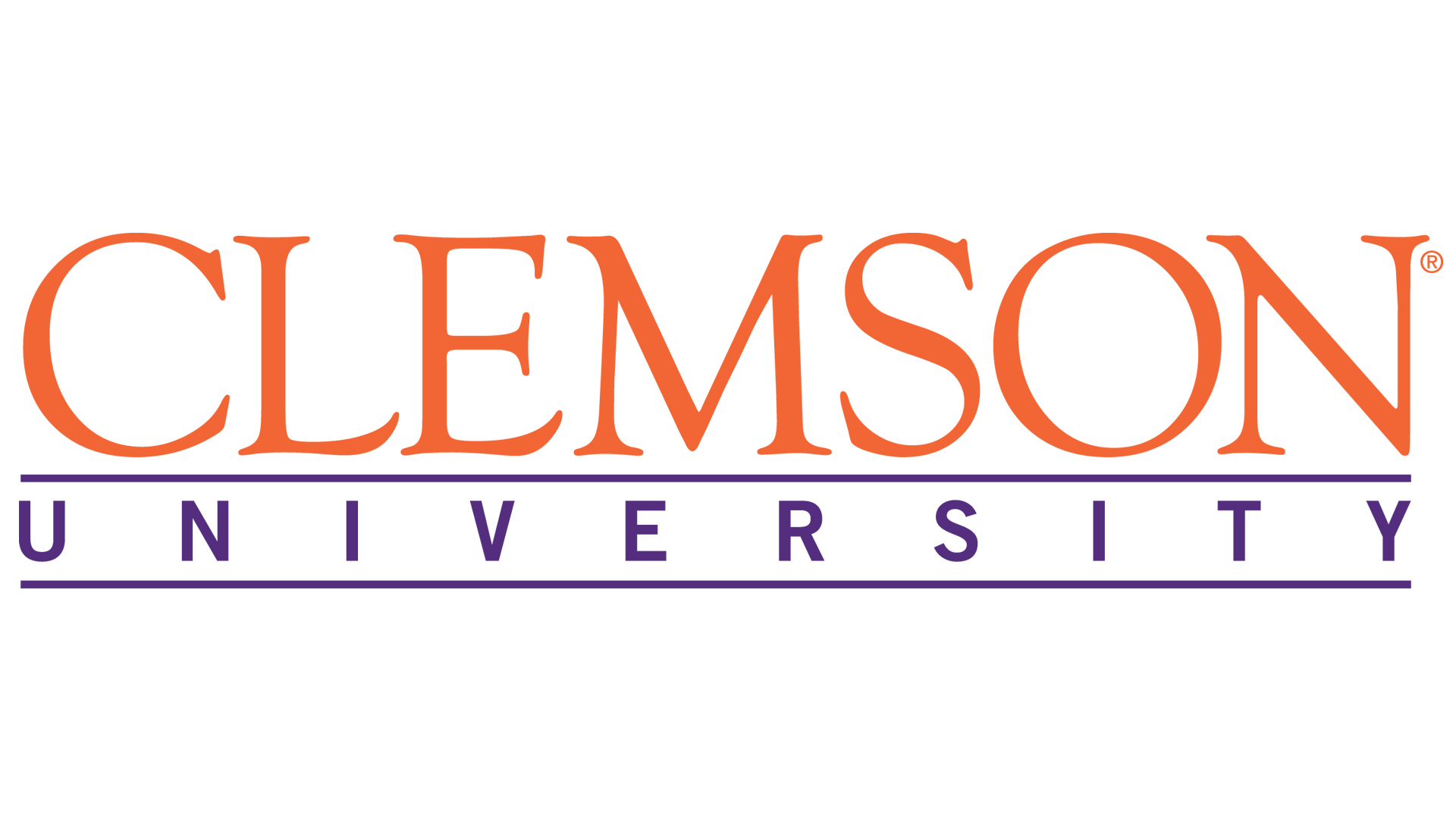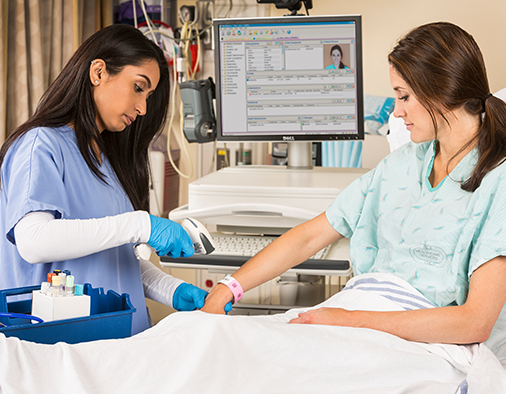Phlebotomy Technician
Overview
The phlebotomist is a vital member of the clinical laboratory team, whose main function is to obtain patient’s blood specimens by venipuncture and micro-collection for testing purposes. Phlebotomists are employed throughout the healthcare system including in hospitals, neighborhood health centers, medical group practices, HMO’s, public health facilities, veteran hospitals, insurance carriers, and in other healthcare settings. The demand for phlebotomy technicians has increased substantially with the overall complexity of healthcare services and the risks of infectious disease. Current healthcare industry experts predict a 15% increase in phlebotomy jobs by 2024.
This program prepares learners to collect blood specimens from clients for the purpose of laboratory analysis. Learners will become familiar with all aspects of blood collection and will review the skills needed to perform venipunctures safely. Topics in this course include medical terminology, related anatomy and physiology, blood collection procedures, and procedures for collection of other types of specimens within the scope of practice of the phlebotomist.
Program Objectives
After completing this program, learners will be able to:
- Explain the steps in selected specimen collection procedures performed by the phlebotomy technician
- Explain the safety procedures in the healthcare setting and specifically in performing specimen collection procedures
- Identify specific supplies and equipment used in selected specimen collection procedures
- Explain precautions and guidelines when collecting specimens in special populations such as pediatrics and geriatrics
- Define quality of care and explain the impact on patient medical care when quality and safety are compromised in phlebotomy procedures
- Describe the anatomy, physiology, pathophysiology, and medical terminology associated with phlebotomy
- Describe the requirements of the successful phlebotomy career including desired character traits, training and education, roles and responsibilities
- Explain how phlebotomists communicate with others in the healthcare setting verbally, nonverbally, within the health record, and using computer systems
- Identify common legal issues, ethical issues, and regulatory issues commonly impacting the phlebotomist
Certification
There are several National Certification exams that are available to students who successfully complete this program:
- American Society of Phlebotomy Technician (ASPT) Phlebotomy Technician (CPT) Exam can be proctored at a local testing facility and is available to all students who complete this program
- NHA Certified Phlebotomy Technician (CPT) Exam can be proctored at a local testing facility and is available to all students who complete this program
Note: Inclusion of National Certification exam vouchers vary from school and payment / finance method. To check if they are included, you may message any of our advisors through any of our available channels here
Financial Aid
Grants (Military)
- MyCAA for Eligible US Military Spouses
MyCAA is a $4000 education grant for spouses of service members on active duty in paygrades E1-E5, W1-W2, O1-O2. Spouses married to members of the National Guard and Reserves in the same paygrades, in title 10 orders, are also eligible.
MyCAA covers: tuition, externship and national certification exam vouchers
Our university partners provide, as job aids, at no extra cost: books / workbooks, laptop, mentor support, 12 mos subscription to CampusEd, job placement assistance.
To see if you qualify, message us here
- Army Credentialing Assistance
The Army Credentialing Assistance (CA) program is a government-instituted training and education program that provides a grant of up to $4,000 to eligible soldiers. The grant can be used to enroll in more than 1,600 industry-recognized off-duty career-training certificate programs, licensure exams, and academic or vocational credentials, and even re-certification. It was first made available in October 1, 2019 to the Fort Hood, Fort Campbell, Fort Carson, Fort Drum, Fort Riley, and JBLM bases. As of January 1, 2020, the program is available to all installations.
To see if you qualify, email us here
Grants (Non Military)
- Workforce Grant
We have partnered with private institutions to provide assistance to qualified students. The Workforce Grant is in place to help reinvigorate the workforce amidst the ongoing pandemic. If qualified, a student may receive up to 50% of tuition assistance.
To see if you qualify, message us here
Payment Plans
- Zero Interest Monthly Payment Plans
Payment plans are available for any student at zero interest. This option is available for every university partner. Click here for a complete list.

